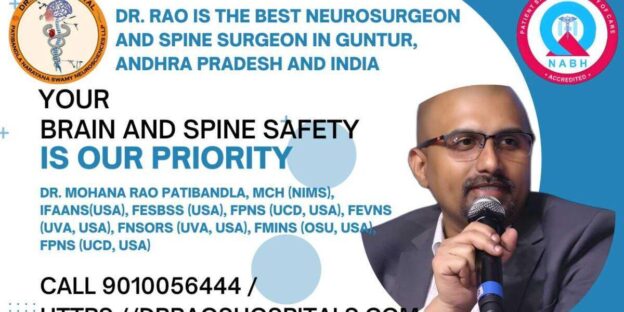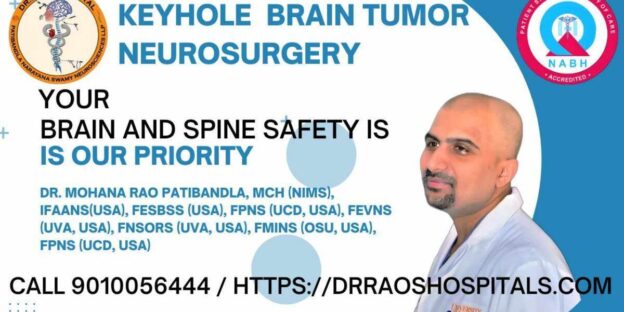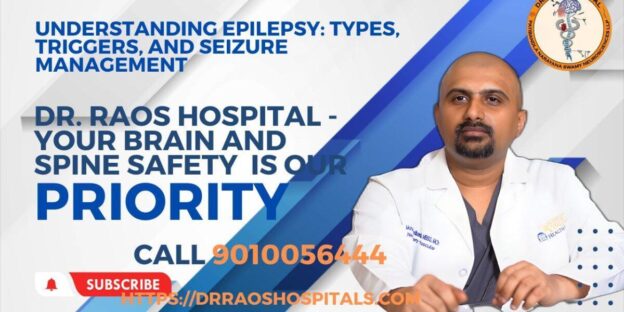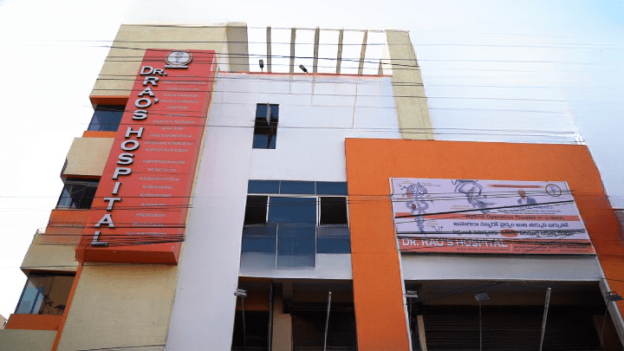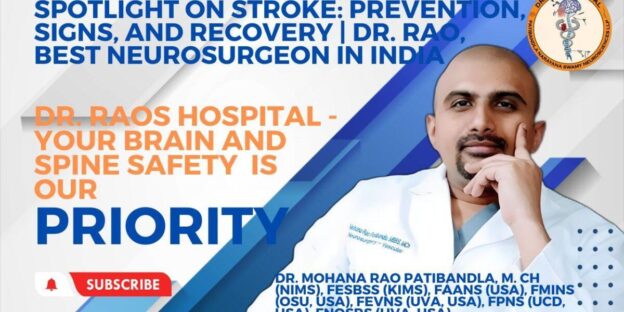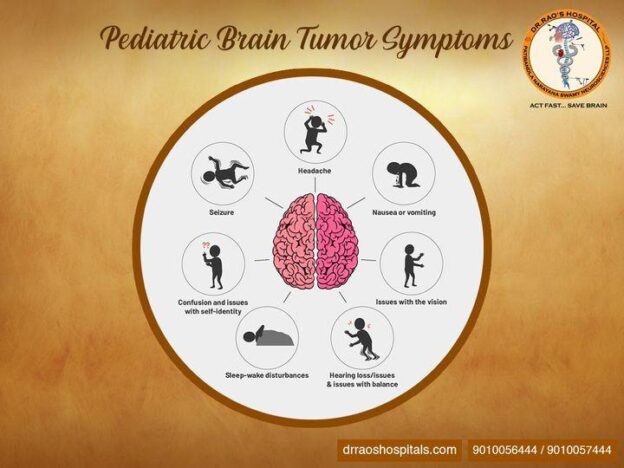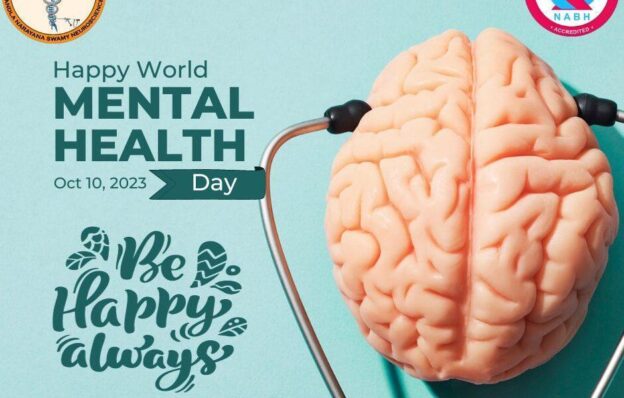Leading the Way: The Best Spine Surgeons in India
Introduction:
In healthcare, spine surgery is a specialized field that demands precision, expertise, and a deep understanding of the intricate spinal anatomy. India has emerged as a hub for advanced medical treatments, and among the leading pioneers in the field of spine surgery is Dr. Mohana Rao Patibandla, a distinguished neurosurgeon and the visionary behind cutting-edge advancements at Dr. Rao’s Hospital.
Dr. Mohana Rao Patibandla
Renowned for his two-decade-long expertise in neurosurgery, Dr. Rao is a luminary in the medical community. After completing his neurosurgery residency, he traveled to the USA for extensive fellowship training, honing his skills in various subspecialties, including minimally invasive skull base surgery, pediatric neurosurgery, and neuro-oncology.
Establishing Dr. Rao’s Hospital
Dr. Rao invested Rs 25 crore to build a top-notch neurosurgical facility in India because he is passionate about patient-centered care. This state-of-the-art hospital boasts a biplane cath lab, a hybrid operation theater, and cutting-edge equipment, offering patients access to the latest advancements in spine surgery.
The Best Spine Surgeons at Dr. Rao’s Hospital
Expertise in Minimally Invasive Procedures:
Dr. Rao’s team of spine surgeons is adept at minimally invasive techniques, ensuring reduced recovery times, minimal scarring, and lower postoperative complications. These procedures are particularly beneficial for herniated discs, spinal stenosis, and spondylolisthesis.
Comprehensive Spine Care:
The hospital provides comprehensive spine care, addressing various spinal conditions, including degenerative disorders, deformities, and traumatic injuries. The multidisciplinary approach involves collaboration between neurosurgeons, orthopedic surgeons, physiotherapists, and pain management specialists.
Innovative Surgical Solutions:
Dr. Rao and his team leverage innovative surgical solutions to ensure optimal patient outcomes. This includes using advanced imaging techniques, computer-assisted navigation, and robotic-assisted surgeries to enhance precision and minimize risks.
Patient-Centric Approach:
A patient-centric approach is at the core of Dr. Rao’s philosophy. The hospital prioritizes open communication, personalized treatment plans, and compassionate care. The team ensures that patients and their families are well-informed at every stage of the treatment journey.
Emphasis on Education and Awareness:
Dr. Rao recognizes the importance of education and awareness in promoting spinal health. The hospital actively engages in community outreach programs, educational seminars, and online platforms to disseminate information about spine care, preventive measures, and the latest advancements in the field.
Conclusion
In the spine surgery landscape in India, Dr. Mohana Rao Patibandla and his team at Dr. Rao’s Hospital stand out as trailblazers. Their commitment to excellence, innovative practices, and patient-centric ethos make them leaders in providing the best spine care in the country. As Dr. Rao continues to lead the way, the future of spine surgery in India looks promising, with a focus on advanced techniques, compassionate care, and improved patient outcomes.

